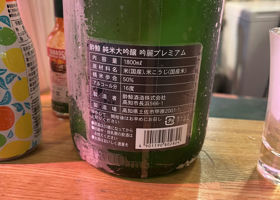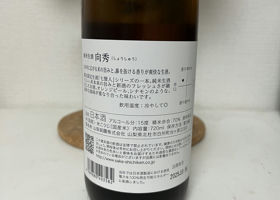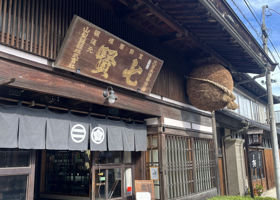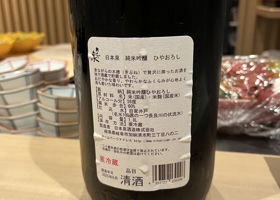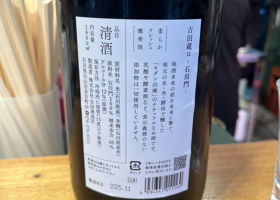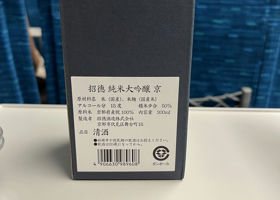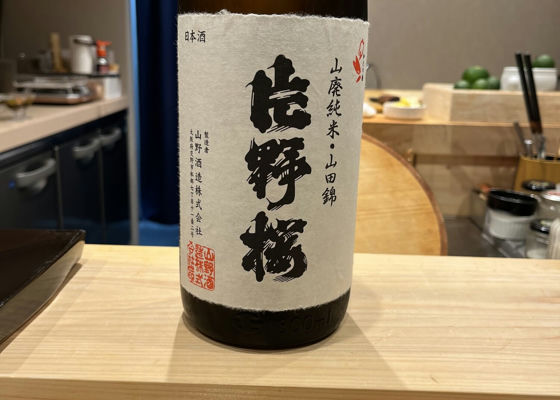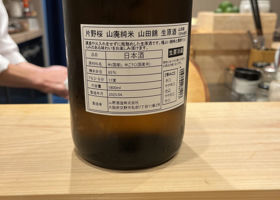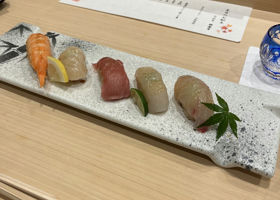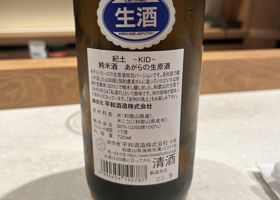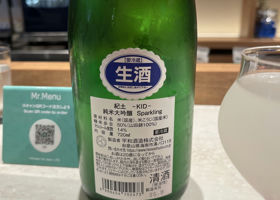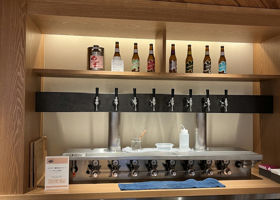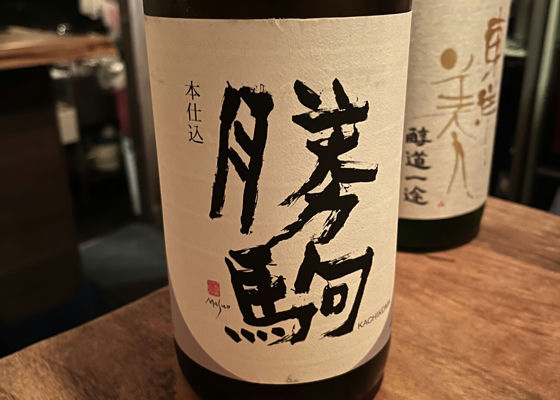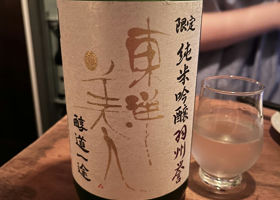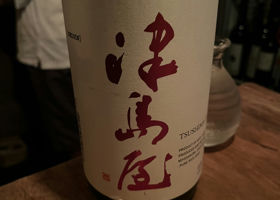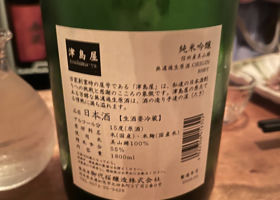

(カワダ調べ)
Kinoene
Iinuma
Sake pressed at midnight and delivered that day.
This year there was one glitch. The taste is light and fruity. Apple.
The brand was renewed in 2011.
There was a replacement in Nov. 24, making it the 16th generation.
The 12th head of the family was born in the year of Koshi, and the name of the sake was given to the brewery in response to an order to dedicate sake to nearby temples and shrines.
Japanese>English



